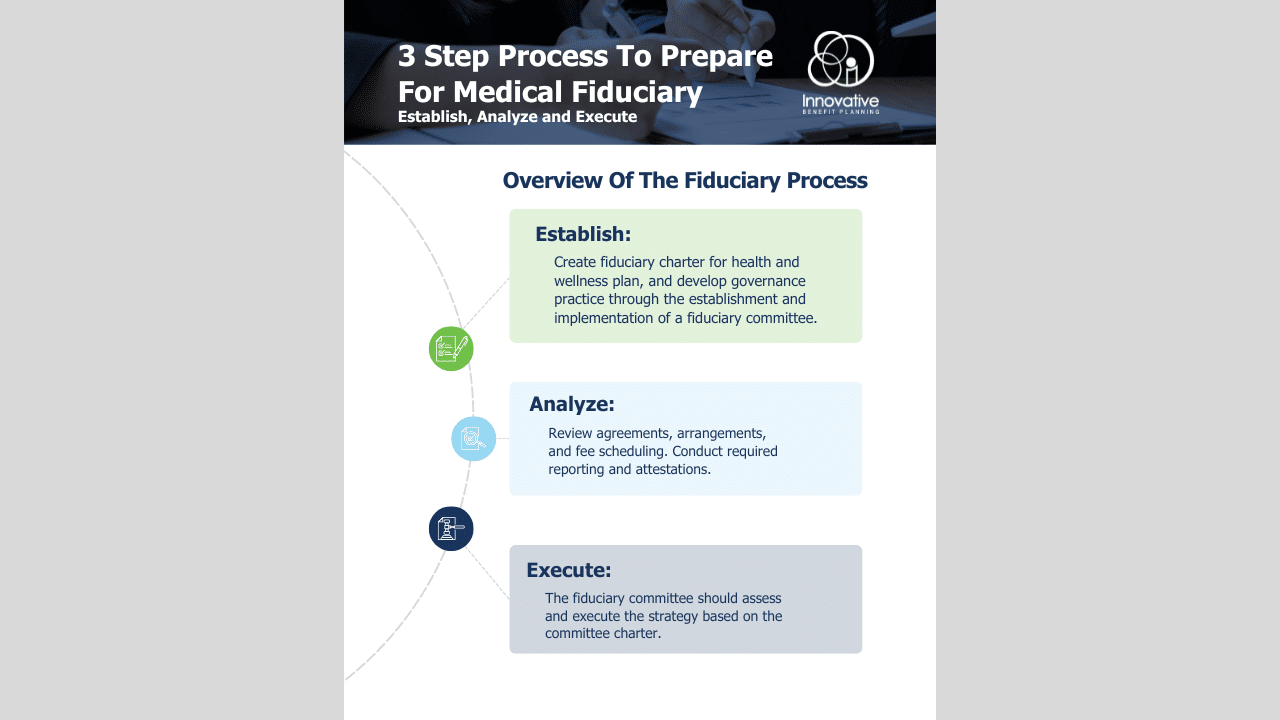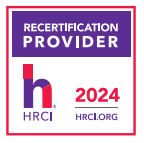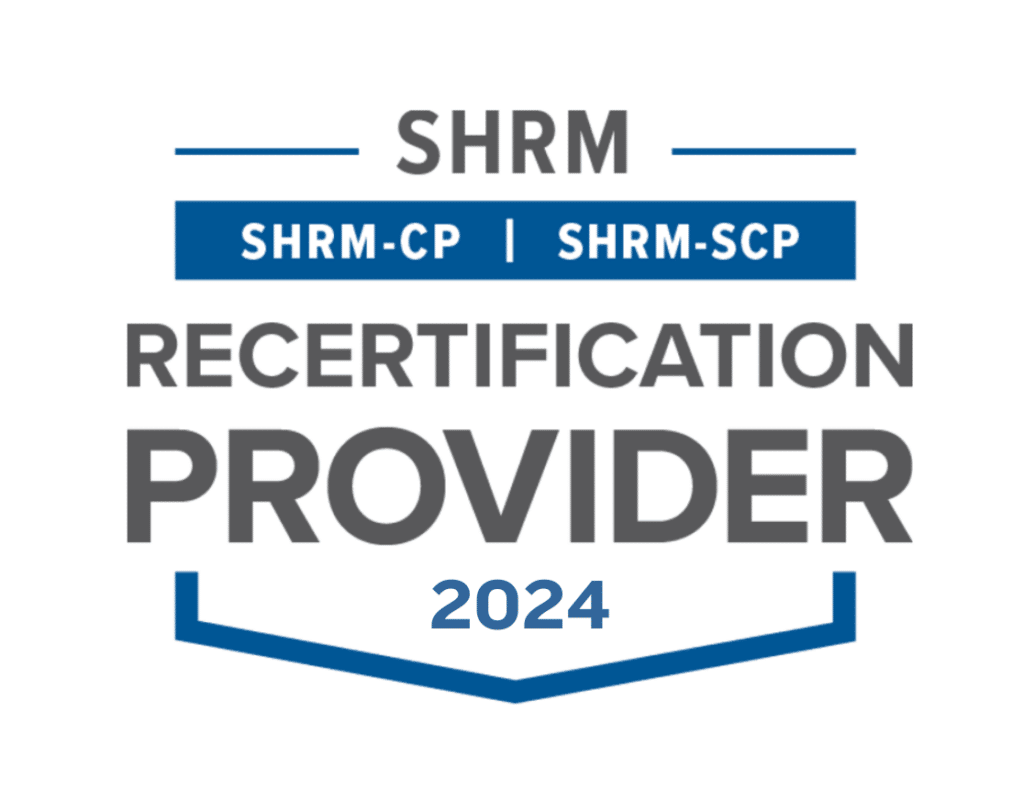On Feb. 1, 2013, HHS and the IRS issued two proposed regulations that provide details on the individual shared responsibility requirement.
PPACA requires that non-exempt individuals obtain “minimum essential coverage” or pay a penalty. Minimum essential coverage includes individual insurance, Medicare, Medicaid, CHIP, TRICARE, VA and similar government programs, and employer-sponsored coverage. The proposed IRS rule defines minimum essential “employer-sponsored” coverage as an insured or self-funded governmental or ERISA welfare benefit plan that provides medical care directly or through insurance or reimbursement. (An HMO is considered an insured plan.)
Generally, any policy offered in the small or large group market that meets the above requirements will be minimum essential coverage. The proposed IRS regulation states that these types of coverage will not qualify as minimum essential employer-sponsored coverage:
- Accident only;
- Disability income;
- Liability, including general, automobile, and supplemental liability;
- Workers compensation
- Automobile medical payment;
- Credit only;
- On-site medical clinics
- Limited scope dental or vision
- Long-term care, nursing home care, home health care, community-based care or any combination of these
- Specified diseases or illness;
- Hospital indemnity or other fixed indemnity insurance;
- Medicare supplement
- Similar limited coverage
Public comments are due March 18, 2013. To read the proposed IRS rule, click here: http://www.gpo.gov/fdsys/pkg/FR-2013-02-01/pdf/2013-02141.pdf
The HHS proposed rule provides details on how an individual can claim an exemption from the individual shared responsibility penalty. The following individuals are exempt from the individual shared responsibility penalty if they fail to obtain minimum health coverage:
- Members of Native American tribes
- Those with religious objection
- Members of a Health Care Sharing Ministry (HCSM) that has been continuously in existence since December 31, 1999
- Incarcerated individuals
- Individuals not lawfully present (illegal aliens)
- Those for whom affordable coverage is not available (because cost exceeds 8% of modified adjusted gross household income).
- Those with incomes below tax filing threshold (in 2012 the threshold for taxpayers under age 65 was $9,750 for single and $19,500 for married filing jointly).
- Hardship situations such as natural disaster or significant financial hardship
- Individuals living outside the U.S. (if they qualify for the foreign earned income exclusion)
- Residents of U.S. territories
- Individuals who were uninsured for less than three consecutive months during the year
Important: Some rules are still in the “proposed” stage, which means that there may be changes when the final rule is issued. Employers should view the proposed rules as an indication of how plans will be regulated beginning in 2014, but need to understand that changes are entirely possible.











